There are two sides to every issue: one side is right and the other is wrong, but the middle is always evil
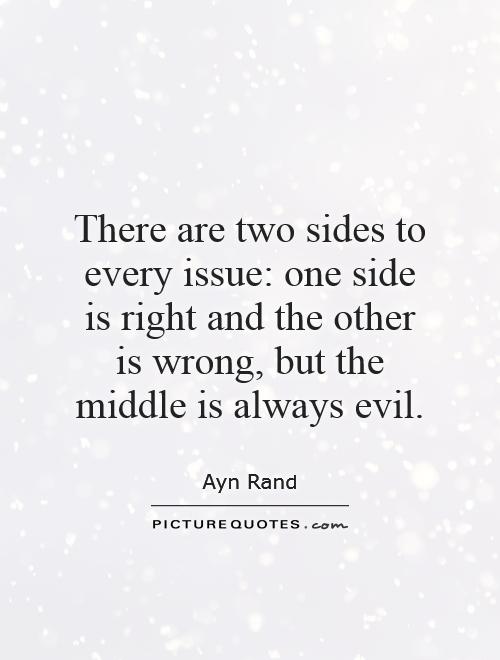
There are two sides to every issue: one side is right and the other is wrong, but the middle is always evil
Ayn Rand, the influential philosopher and novelist, is known for her staunch defense of individualism, capitalism, and rational self-interest. Her philosophy, known as Objectivism, emphasizes the importance of reason, individual rights, and laissez-faire capitalism. In the context of the statement "There are two sides to every issue: one side is right and the other is wrong, but the middle is always evil," Rand's philosophy sheds light on the idea that compromise or moderation is not always the best approach.According to Rand, there is a clear distinction between right and wrong, and the middle ground is often a compromise that dilutes the truth. In her view, there is no room for moral relativism or shades of gray when it comes to ethical principles. Rand believed that individuals should adhere to objective moral standards and make decisions based on reason and self-interest.
For Rand, the middle ground represents a form of moral compromise that undermines individual rights and freedom. In her novel "Atlas Shrugged," Rand portrays a dystopian society where government intervention and collectivism have stifled innovation and individual achievement. The middle ground, in this context, represents a compromise between individual rights and the collective good, which ultimately leads to the erosion of freedom and prosperity.
Rand's philosophy challenges the notion that compromise is always a virtue. She argues that individuals should stand firm in their convictions and not be swayed by the opinions of others. In her view, the middle ground is often a form of moral cowardice that betrays one's principles and values.

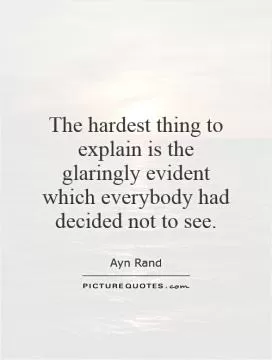
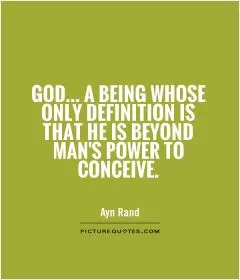
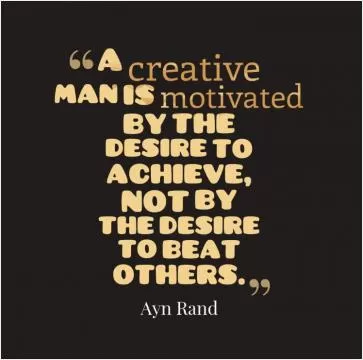
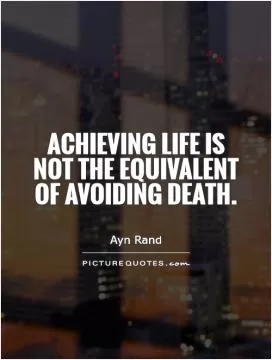
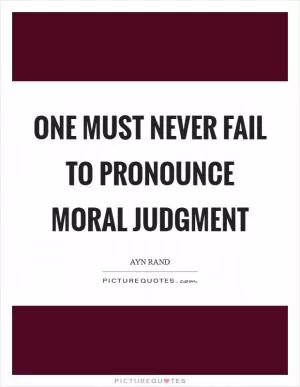
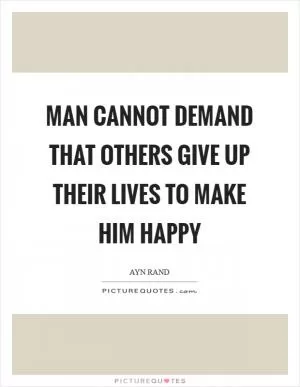
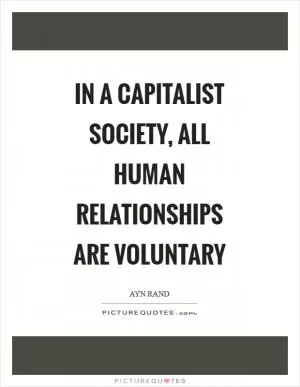
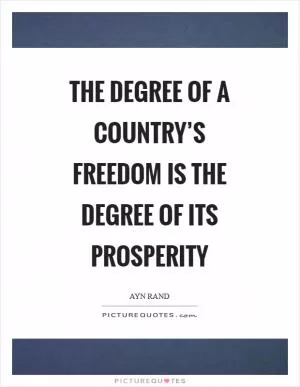
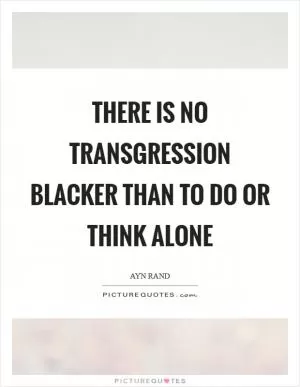
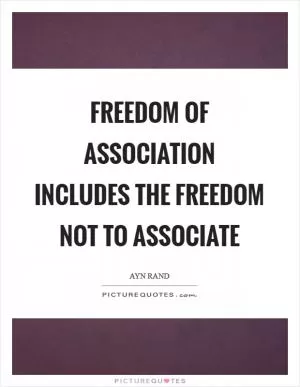
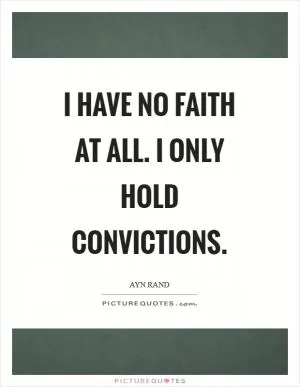
 Friendship Quotes
Friendship Quotes Love Quotes
Love Quotes Life Quotes
Life Quotes Funny Quotes
Funny Quotes Motivational Quotes
Motivational Quotes Inspirational Quotes
Inspirational Quotes